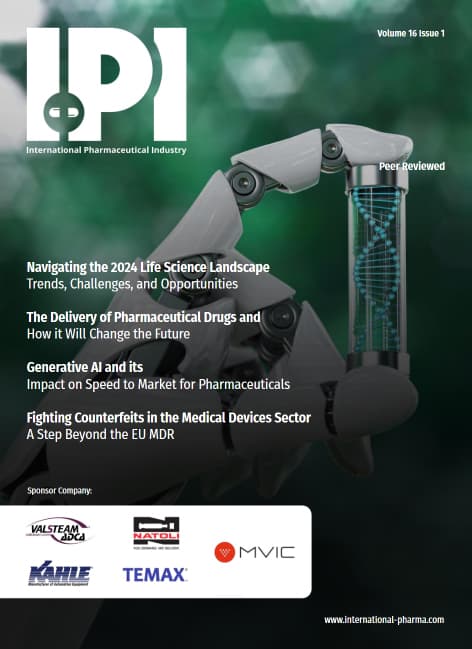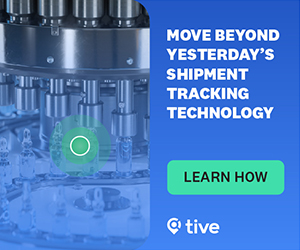All ten patients involved in the research effectively and rapidly eliminated persistent congestion.
Sequana, a company focusing on liver disease, heart failure, and cancer has announced positive top-line results from SAHARA – the phase 2a study using its first-generation direct sodium removal (DSR) product, DSR 1.0.
Data from ten evaluable diuretic-resistant heart failure patients, with persistent congestion, who also completed a 16-week follow-up period after intensive DSR therapy, confirmed previously reported interim data demonstrating long-lasting clinical benefits.
At baseline, the patients with persistent congestion due to heart failure were on high-dose loop diuretics and had high disease severity. All ten individuals safely, effectively, and rapidly eliminated persistent congestion and achieved euvolemia within one week of commencing intensive DSR therapy, resulting in a mean weight loss of 7kg.
Furthermore, during the intensive DSR period, the diuretic response of the kidney was near-normalised, with the excretion of sodium increasing by more than 160% compared to the baseline. In addition, there was a considerable improvement in cardio-renal health.
Dr. Jeffrey Testani, associate professor at Yale University and heart failure scientific advisor to Sequana Medical, explained: “Congestion is a key driver of heart failure and remains the leading cause of morbidity and hospitalisation in this large and growing patient population. Diuretic resistance is widespread and the usual therapeutic approach is just adding more diuretics, further worsening the underlying issues.
He added: “There are no therapies that seek to correct the cardio-renal pathophysiology causing the diuretic resistance.”
Dr. Oliver Gödje, chief medical officer at Sequana Medical, added: “These results are very positive and reinforce our view that DSR is a potential disease-modifying heart failure therapy. We are excited to have the first patient dosed with DSR 2.0 and we are confident that this second-generation product will deliver important therapeutic and safety benefits.”
To evaluate the safety, tolerability, and efficacy of the company’s second-generation DSR product – DSR 2.0 – a phase 1 study has been initiated in Canada with up to ten patients on peritoneal dialysis receiving a single treatment. Meanwhile, a further phase 1 study is due to take place in Mexico, followed by a randomised phase 1/2a study in the US during 2023.

























